Part 2: Food Supply and Life Support
Providing Settlers with Meat Products
Providing settlers with meat products on Mars is crucial for maintaining their health and a complete diet under conditions of isolation and limited resources. This requires an innovative approach. Here are some possible solutions:
Cultivating Artificial Meat: The technology of cultivated meat, produced in laboratory conditions from animal cells, could become the main source of meat products on Mars. This method allows meat to be grown without the need to raise animals, saving resources such as water and feed. Special bioreactors will be used to grow muscle tissue, which does not differ in taste or texture from traditional meat. The use of this type of meat will also minimize environmental impact and reduce resource consumption.
Insects as a Protein Source: Another efficient way to obtain meat products is by raising edible insects. They require significantly fewer resources than traditional animals and are a rich source of protein. Special farms for raising insects can take up little space and be easily integrated into Martian settlements. Insects can be processed into protein bars or powders for preparing food, ensuring dietary diversity and increasing the sustainability of the food system.
Closed Systems for Raising Small Animals: On Mars, small farms can be created for raising small animals, such as chickens, rabbits, or fish, in aquaponic systems. These animals require less space and resources, and their waste can be used in closed-loop systems to fertilize plants. For example, chickens can provide both meat and eggs, making them an efficient protein source. Fish in aquaponics can also be part of the system, where their waste is used to fertilize plants.
Nutritional Substitutes: In parallel with natural meat, plant-based meat substitutes can be produced, similar to those existing on Earth (e.g., Beyond Meat, Impossible Foods). These can be produced using plants and crops grown on Mars, using fewer resources and ensuring dietary diversity for settlers. These substitutes will also be useful for those who prefer a vegetarian diet.
Biomass Recycling: Using closed systems, biomass, including waste, can be recycled to create food products. This may include converting organic matter into protein or carbohydrate supplements, which can be used to produce various types of food, including meat substitutes. This will minimize waste and create an efficient resource management system.
Waste Disposal and Wastewater Treatment
Waste can be recycled and used for growing plants in the colony's biosphere. Organic waste can be composted, while inorganic waste can be recycled for reuse in various production processes (e.g., in construction). Wastewater can be treated and regenerated using systems similar to those used on space stations. Additionally, biological reactors can be developed to help recycle waste into fertilizers and other useful materials. This will ensure more efficient use of resources and maintain ecological balance within the colony.
Bees and Honey on Mars
Bees and honey on Mars represent an interesting idea, although implementing such a system will be quite complex. In theory, if suitable conditions are created, bees could exist and produce honey in Martian colonies. Here are some factors that could make this possible:
Artificial Ecosystem for Bees: Closed ecosystems with greenhouses can be created on Mars, where plants that provide nectar and pollen for bees are cultivated. Bees require strict living conditions—temperature, humidity, and access to a variety of flowering plants. All of this must be supported automatically in greenhouses or biocapsules. Creating such ecosystems will also be useful for greening the colony and increasing oxygen levels.
Genetically Modified Bees: Bees may need to be adapted to Martian conditions. Scientists could develop genetically modified bees that are more resistant to closed systems and can live in an artificially created environment on Mars. These bees could not only produce honey but also pollinate plants in greenhouses, making them extremely important for maintaining agriculture. Such adaptation could also include resistance to low pressure and controlled humidity.
Honey as an Important Food Product: If bees adapt successfully, honey could become a valuable food source for settlers due to its nutritional and preservative properties. Moreover, honey is a natural antioxidant and antibacterial agent, useful when access to medical resources is limited. Honey can also be used for therapeutic purposes, such as wound healing.
Unique "Martian Honey": Like other products, "Martian honey" could become an exclusive product for export to Earth. This product, obtained on another planet, would certainly attract attention and have a high value for buyers on Earth. This honey could become a symbol of human achievement and be sought after by collectors and gourmets.




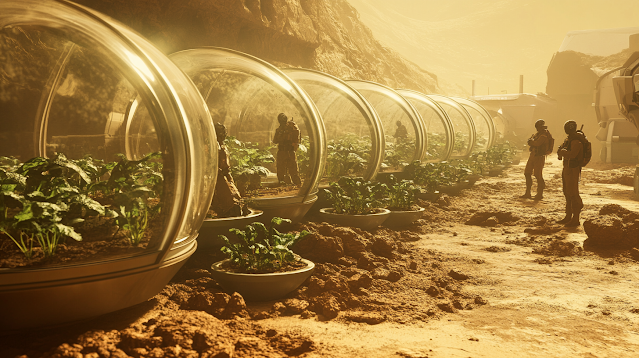




















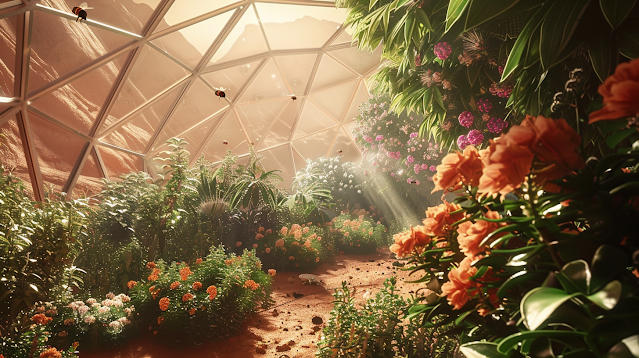





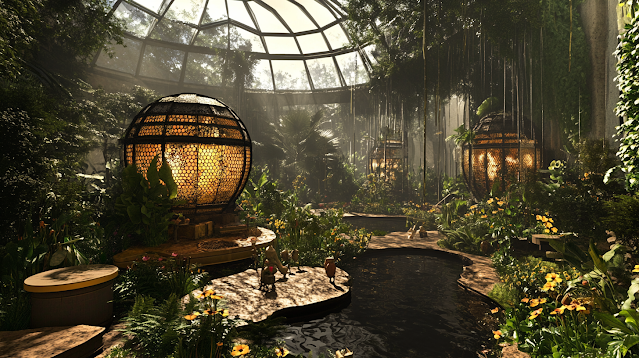

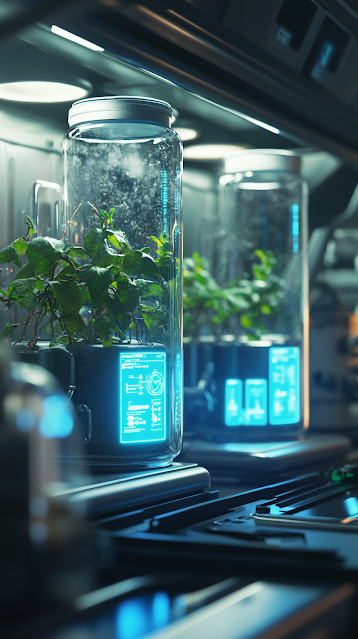




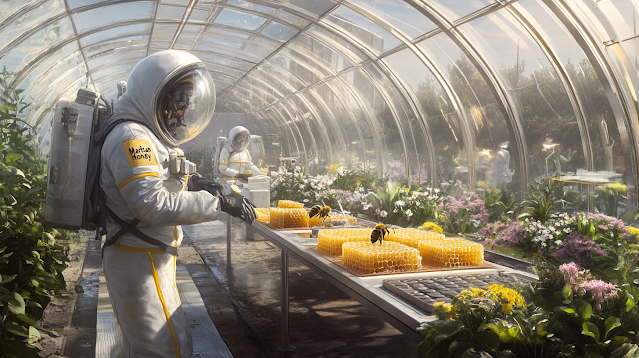





Комментариев нет:
Отправить комментарий